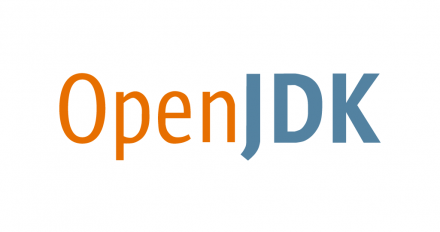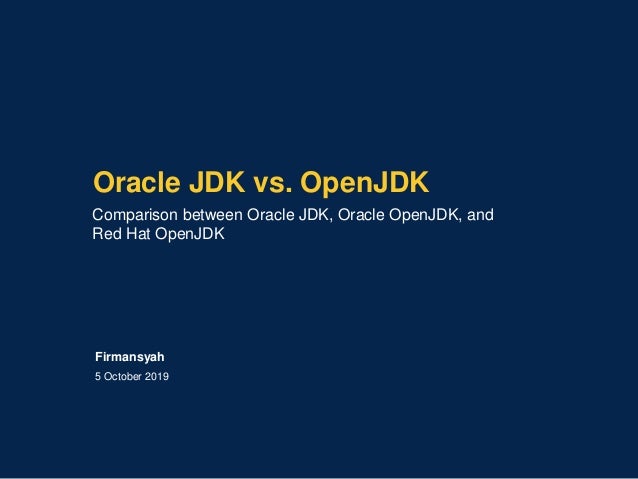

- #REDHAT OPENJDK 15 INSTALL#
- #REDHAT OPENJDK 15 REGISTRATION#
- #REDHAT OPENJDK 15 SOFTWARE#
- #REDHAT OPENJDK 15 CODE#
# send out the subscription e-mails at 01:00 every dayĠ 1 * * * /dspace/bin/dspace sub-daily >/dev/null 2>&1 May need to restart services such as tomcat5 for the settings to really apply Later, after making new changes to dspace.cfg, apply its settings across applicationsīy the ant init_configs or install_configs methods, described below, and you

rwxrw-r- 1 dspace dspace 2121 Jan 13 15:45 create-administratorĬreating an initial administrator account
#REDHAT OPENJDK 15 INSTALL#
# to initialise and install the database and DSpace # a network resource could have been unreachableĬd /home/dspace/src/LATEST/dspace/target/dspace-1.5.1-build.dir # go through the mvn_clean_package_log and look for # you should refer to the section on setting environment variables above # at this stage, if there are warnings about missing environment variables # to view progress, at another terminal window, use Mvn clean package > /var/tmp/mvn_clean_package_log 2>&1

Install the pre-requisite packages available from Redhat make changes to dspace.cfg and build DSpace by mvn() and ant().To experiment after an initial installation, the likely procedure is to and finally, ensuring the ongoing behind the scenes services run & continue to run.installing Maven and DSpace & setting dspace.cfg TO_BE_DONE: package this for distribution.creating & setting the dspace user and environment.installing and configuring the pre-requisite packages available from Redhat.For the competent system administrator, Arch Linux is a strong choice. Whereas Debian and derivatives such as Ubuntu and the idealistic GNS have apt-get(8) for package management, Arch Linux has pacman(8). While this document references Redhat, yum(8), and rpm(8) for platform and package management, as far as GNU/Linux distributions go, Debian or Arch Linux are worth mentioning. The convention is to download to TMP, unpack to one of XX_SRC, and finally install to one of XX_DST. OI_DST = /usr/local – OI expands to Other Installations, for example has softlink for maven.OI_SRC = /usr/local/src – for example has apache-maven-X.Y.Z.

#REDHAT OPENJDK 15 CODE#
It assumes these terms for location of source code and final destination directories
#REDHAT OPENJDK 15 REGISTRATION#
It assumes the RHEL 5 Supplementary package channel is available, which provides Sun's Java and which requires registration with RHN, the following packages are expected to be available The products Apache Maven and DSpace are exceptions and are downloaded and installed seperately.
#REDHAT OPENJDK 15 SOFTWARE#
The OpenJDK 11 packages provide the OpenJDK 11 Java Runtime Environment and the OpenJDK 11 Java Software Development Kit.


 0 kommentar(er)
0 kommentar(er)
